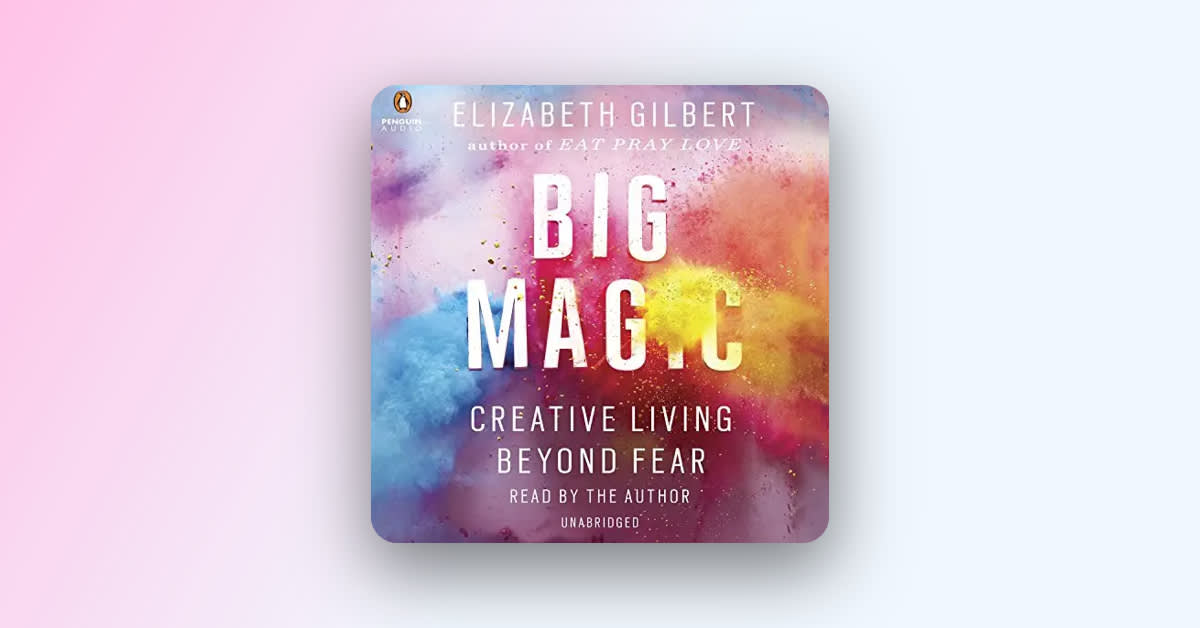One morning around 9:30, I opened an email confirming the delivery of information for a new audiobook. It had been sent before 6 AM.
“Good morning!” it began.
My translation: Oh, you’re finally up!
I went off the thread and emailed the sender directly as the exclamation point had worried me. Had we missed a deadline?
“Nothing serious,” the reply assured. “I just wanted to make sure that we had everything we needed. Thanks!”
My translation: Thanks, I mean really, thanks.
Exclamation points are all the rage—thanks! Many thanks!!
Are these tremendous shows of gratitude, which to me are over the top, even grammatically correct? Speaking of the word “correct,” I saw an email that responded to a clarification request with: “That’s correct!” So, now we’re headed into game show territory. I'm concerned.
If you go by the book, exclamation points are used to demonstrate strong feelings such as surprise, anger, or joy. By that logic, many of us are either effusively joyous throughout the day, more than pleasantly surprised, or angry at the world.
Alanna, a fellow editor and stellar writer, ‘fessed up to being a “big proponent of exclamation marks, especially in more colloquial uses.” To her, they add lightheartedness or joviality to what may otherwise be construed as harsh or uninterested. She gets deep: ”I think millennials are really fond of using them to soften our writing, and I know myself and a lot of other folks in my generation are uneasy with the finality of something like a period, fearing that it can read as aggressive or unfriendly.”
Please, all, don’t despair—this is my rant, and no one is wrong or right. At the very least, I have somewhat of a reasonable point, maybe not the most objective. Alanna’s case is sound. Example: “Good job!” vs “Good job.” The exclamation point communicates that the job was done well and appreciated, whereas the period seems to imply that the good job wasn’t exceptional and the person behind it isn’t warm or caring.
But I’m not the only one who objects to the recent exclamatory influx on grounds of grammar and style. Our seasoned copy editor and writer, Mysia, had a more traditional perspective. I guess she’s what one would call a purist just for the sheer fact that she’s a copy editor. But that doesn’t mean she’s cold by nature; she’s one of the warmest people we work with and a real pro!
“Like ellipses and em dashes, exclamation points have a valid purpose—to convey excitement or shock—and can be used effectively in storytelling, marketing copy, and informal written exchanges,” she says. She calls today’s usage “exclamation-point mania” and points out that the overuse of exclamation points reduces their impact. “My advice is to use exclamation points sparingly and exclusively with short sentences that convey urgency, strong emotion, or surprise. That way, they’ll truly mean something to your reader.”
Apparently, the exclamation point has been the subject of many conversations pertaining to grammar, and it is, whether I like it or not, a major punctuation. Commas are big too. (I am comma challenged, which is why I'm writing about exclamation points.) You'll find these listens as entertaining as they are informative.
Enjoy! (The use in this case is an example of expressing genuine well wishes.)
Listen! Now!! Don’t miss!!! our show about the exclamation point.
The exclamation point is the only punctuation mark that can express (and evoke) strong emotion. You either love them or hate them. Writers use it to express emotion that words can’t fully capture; politicians and advertisers can use it to manipulate and alarm; and authors and their editors often clash over its appropriate use.
Short Stuff: Exclamation Points!
We all use them! But did we always? NO!! Learn all about everyone's favorite punctuation mark today! Learn more about how, where, and when to use an exclamation point.
English Grammar Rules You Must Know
Are you new to the English language? Maybe, you are a native speaker who wants to learn more about the language. Or maybe, you have decided that the English language is too complicated and English grammar makes absolutely no sense. If any of these sounds like you, then you have picked up the one book that will answer all your questions and help ease your fears. When you purchase this title, the accompanying PDF will be available in your Audible Library along with the audio.
Grammar Girl Quick and Dirty Tips for Better Writing
If you're looking for some fast, accessible tips to improve your writing quickly, this podcast is for you. Hosted by Mignon Fogarty, a.k.a. bestselling author and internet personality Grammar Girl, this award-winning podcast offers helpful tips and tricks to improve your writing and communication. This is great for the novice writer who is a voracious reader but may not have extensive experience or formal education in writing and wants to beef up their technical skills.
Because Internet
Because Internet is for anyone who's ever puzzled over how to punctuate a text message or wondered where memes come from. It's the perfect book for understanding how the internet is changing the English language, why that's a good thing, and what our online interactions reveal about who we are. Gretchen McCulloch says an exclamation point functions as a “social smile” and a mark of sincerity in a time when irony abounds.
Send
At last, an authoritative and delightful audiobook that will tell you how to write the perfect email anywhere. Send also points out the numerous (but not always obvious) times when email can be the worst option and might land you in hot water (or even jail!). The secret is, of course, to think before you click. Send is nothing short of a survival guide for the digital age—wise, brimming with good humor, and filled with helpful lessons from the authors' own email experiences (and mistakes).
Punctuation Guide
In just 60 minutes and14 tracks, the author gives pointers on how to improve your writing by using proper punctuation. He suggests you focus on the tracks that really matter. That happens to be all of them, starting with: 1. Fix Your Writing through Better Punctuation, and including 2. Sentence Endings: Period; 3. Sentence Endings: Question Mark; and 4. Sentence Endings: Exclamation Point.
English Grammar Rules & Mistakes Bundle
By Melony Jacobs
Narrated by Darren Schilling, Madeline Goshorn
English Grammar Rules & Mistakes Bundle
If you’ve ever wondered what it would be like to possess perfect English grammar skills, then keep listening because you’re in for a treat. You’ve paid all types of people to help you improve your punctuation skills and sentence structure struggles. Even if you think nothing will ever work for you, this book brings an entirely new and refreshed abundance of insight to the table.









